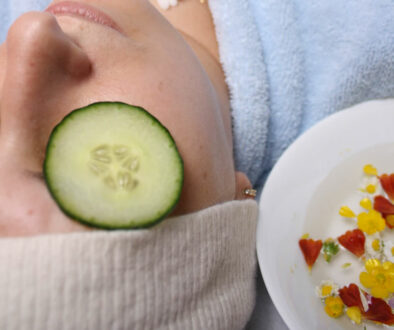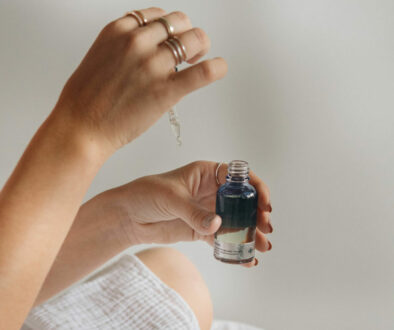Using Honey for Eczema: Why and when to use it and more
Honey, a sweet, viscous food substance made by honey bees, is not only a staple in many kitchens worldwide but also a recognized remedy in traditional medicine. It has been used for its healing properties for centuries, and recent studies have validated its antimicrobial, anti-inflammatory, and wound-healing properties. These benefits make it particularly useful for managing skin conditions such as eczema.

Why Use Honey for Eczema?
The reasons to use honey for eczema are multifold:
1. Antibacterial Properties
Honey, particularly Manuka honey, has potent antibacterial properties. Given that skin affected by eczema is more susceptible to bacterial infections, applying honey can help keep these at bay.
2. Anti-Inflammatory and Antioxidant Effects:** Honey has anti-inflammatory properties that can help to reduce the redness and swelling associated with eczema. It’s also rich in antioxidants, which can promote skin health and healing.
3. Moisturizing Properties
Honey is a natural humectant, meaning it can draw moisture into the skin and keep it hydrated, relieving the dryness and itching caused by eczema.

How to Use Honey for Eczema?
When using honey as a topical treatment, it’s important to choose a high-quality, pure honey, such as raw or Manuka honey. Here are the steps:
1. Preparation
Begin by cleaning the affected area with a mild, fragrance-free cleanser.
2. Application
Apply a thin layer of honey to the affected area and allow it to sit for 15-30 minutes before rinsing with warm water.
3. Frequency
You can do this once or twice daily, depending on the severity of your symptoms. Always be sure to do a patch test first to ensure you won’t have an adverse reaction.
When to Use Honey?
You can use honey as a regular part of your skincare routine, regardless of whether you’re experiencing an eczema flare-up. Regular application can help to maintain skin hydration and health, potentially reducing the severity and frequency of eczema outbreaks. During an active flare, honey can help to soothe inflamed skin and speed up the healing process.

What Else is Honey Good for?
In addition to its benefits for eczema, honey has numerous other uses:
Wound Healing
Honey is often used as a topical treatment for minor wounds and burns due to its antibacterial and wound-healing properties.
Cough Relief
Honey is commonly used as a home remedy for coughs and sore throats. In fact, the World Health Organization (WHO) recommends honey as a natural cough remedy.
Digestive Health
Honey is believed to aid in digestion and is often used as a remedy for digestive issues like gastritis and ulcers.
Sleep Aid
Some people use honey to help improve sleep. The idea is that consuming a bit of honey before bedtime can help to regulate blood sugar levels overnight, promoting better sleep.
As with all natural remedies, individual responses can vary. Some people may find that honey isn’t effective in managing their eczema symptoms, or they may even have an allergic reaction to it. Always consult with a healthcare professional before starting any new treatment regimen and discontinue use if you notice any adverse reactions.











